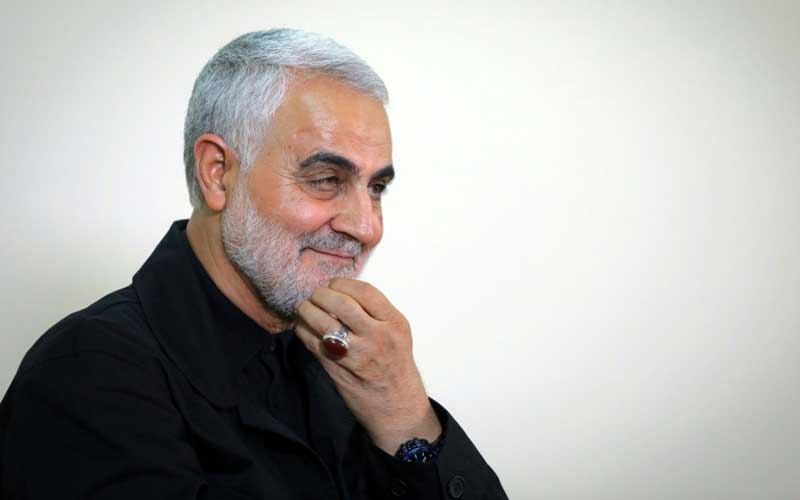×
The Standard e-Paper
Home To Bold Columnists

Top Iranian commander Qasem Soleimani was killed Friday in a US strike on Baghdad's international airport, Iran and the US confirmed, in the most dramatic episode yet of escalating tensions between the two countries.
The Pentagon said US President Donald Trump ordered Soleimani's "killing," after a pro-Iran mob this week laid siege to the US embassy.